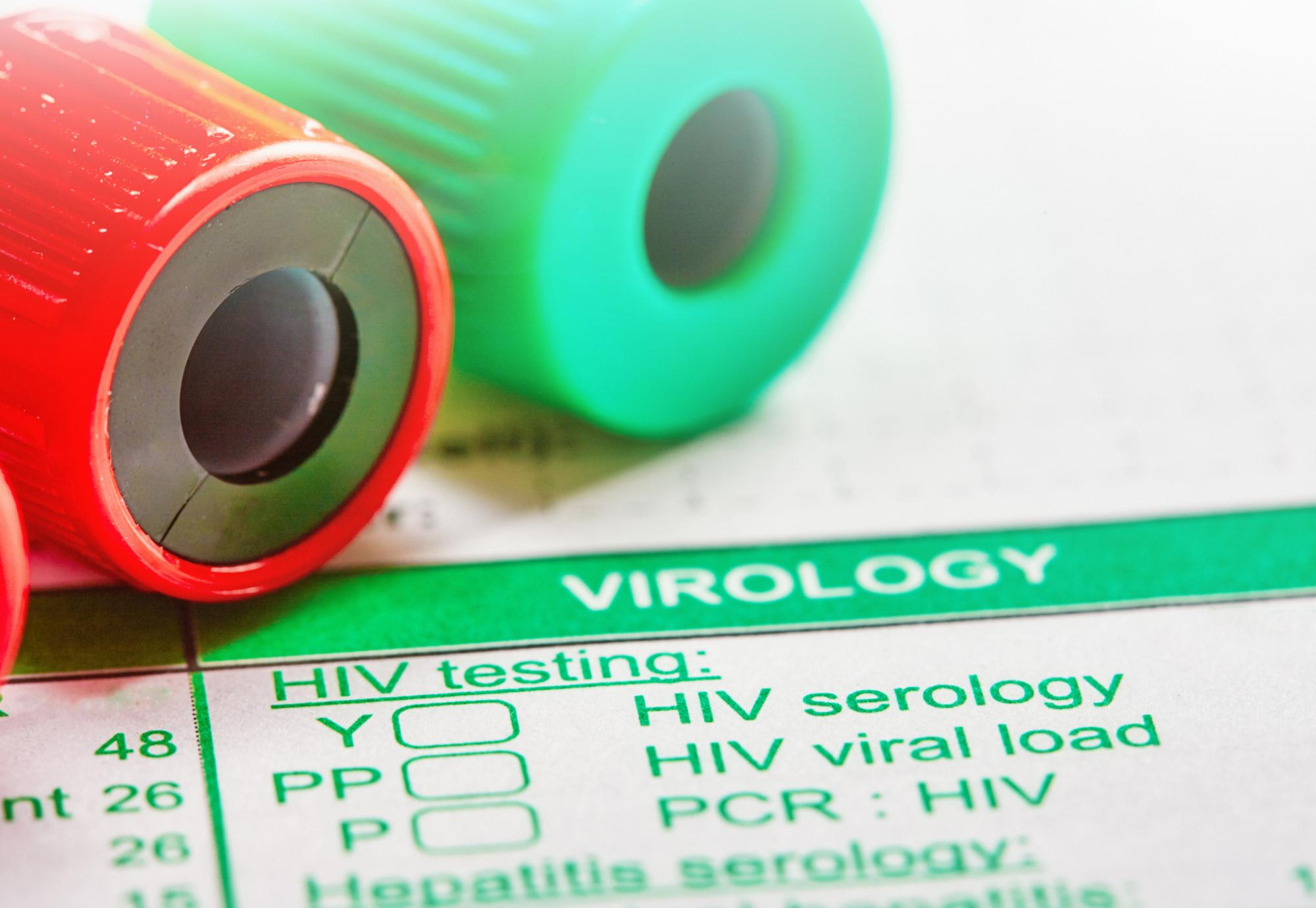The government have backed their new HIV action plan by investing £23 million in order to reduce new infection rates by 80% by 2025.
Current prevention methods have reduced HIV diagnoses in England by 35% between 2014 and 2019, the largest decrease worldwide.
The action plan has been launched to mark World Aids Day and has outlined how the new investment will be used to achieve zero new HIV infections.
A National HIV Prevention Programme will see £3.5 million invested into it to help increase access to PrEP for key groups.
HIV testing in high-risk populations will be scaled up to ensure new infections are identified promptly as well as opt-out testing in A&E departments being given an additional £20 million in funding over the next three years to assist with infection identification.
Sajid Javid, Health and Social Care Secretary, said: “We will end new HIV infections in England by the end of the decade.
“We’ve made excellent progress already with transmissions continuing to fall across England and we are well on our way towards our ambition of zero HIV transmissions and deaths by 2030.
“The UK is leading the way to stamp out HIV and the new actions we are taking – from scaling up testing to increasing access to PrEP – will help people affected to live longer, healthier lives and eliminate this cruel disease for future generations.”
The action plan aims to reduce HIV diagnosis in England from 2,860 in 2019 to under 600 in 2025. It also aims to reduce HIV/AIDS deaths in England from 230 in 2019 to under 115 by 2025.
Professor Stephen Powis, NHS National Medical Director, said: “HIV testing, which has been highly successful in England, provides a vital way to reduce transmission and ensure access to life-saving treatment.
“That’s why the NHS is scaling up testing and investing £20 million over the next 3 years to fund opt-out HIV testing in 16 A&E departments covering areas with the highest prevalence of HIV.
“Following our pioneering trial that led the way for new HIV prevention drugs for tens of thousands of people at high risk of HIV infection, we will also be widening access to lifesaving pre-exposure prophylaxis (PrEP) drugs to ensure it’s equally available to all those who need it.”



















